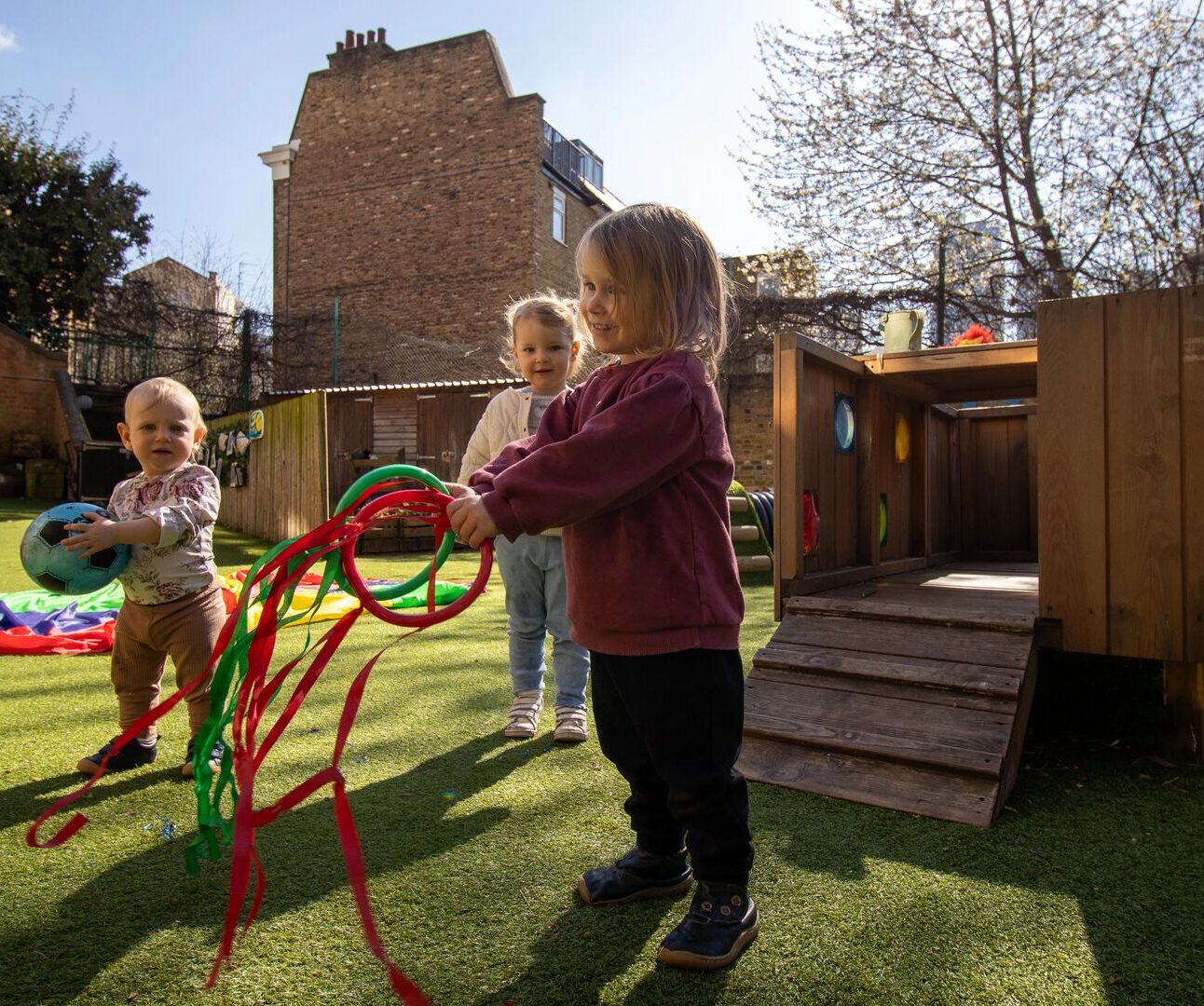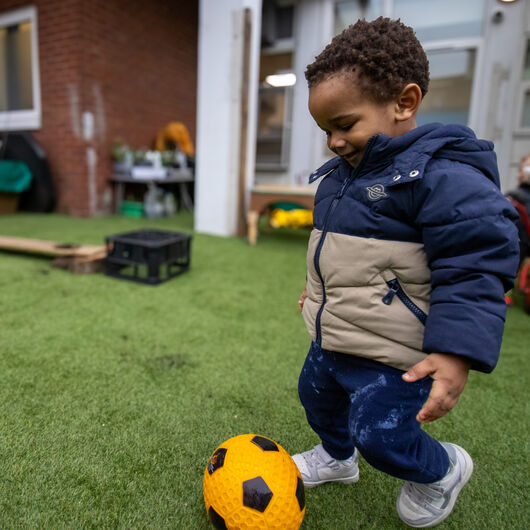
Another Consultation… This time, it’s Space
Just as the ink dries on the Ofsted consultation, up pops another. This time it’s about space, equally important and not to be overlooked. The Department for Education (DfE) has…
June 9th 2016
I seem to be visiting the homes of great Early Years pioneers at the moment. Last month to Keilhau home of Froebel and last week a short holiday to Naples, where the great Maria Montessori published one of her many books. When announcing we were going to Naples to the Italian Tourist board apart from the usual ‘Really? Italy! Again?’ ( we are complete Italianphiles) we were issued with a series of warnings about crime, litter and Mafiosi. Instructions included:
‘Don’t look like a traveller.’ ‘Don’t wear any jewels.’ ‘Bring lots of tissues because of the smell.’
Even the Evening Standard had a review of the latest book on corruption in Naples by Italian journalist, Roberto Saviano who remains under Police Protection. Eek!
Slightly cowed by this, I visited Trip Advisor and while I found mostly positive comments I noted that while 40 million tourists visit Italy every year, only 13% go to Naples. Great! No crowds for me but if Naples needs tourists and visitors to its city then it might need to work on it crime focused brand. Despite this worrying introduction to our trip we actually had a fab time. It’s a gritty city but very true to itself, no pretence, Neapolitan to its core, good, bad and ugly. It’s definitely more than just a stopping point to the Amalfi Coast.
But why do brands matter? Why does it matter if Naples has a poor brand while its sister cities in Italy have strong, wondrous brands? Think of Verona, Florence or Milan – glorious!
Branding is the expression of who you are as an individual, a company or an organisation and what you/they offer. Branding is often thought of only in relation to products like Nike, Apple, Versace or Primark but brands also represent a name John Lewis or a sign, e.g. Royal Approved or a service e.g. Royal Mail.
Brands help you stand out in a very crowded space. Good brands understand their customers and demonstrate this at every level of their engagement. If it’s working well, those brand values are seen in the environment and behaviours from everyone across the organisation. A good brand does the following:
Early Years doesn’t currently have a strong brand. We cannot even be clear how we describe ourselves. Are we Early Years? Childcare? Early Childhood? Nurseries? Early Education? Where are the children in the centre of the Early Years brand? What does all that mean for children and parents? What are they expecting from us when they start to figure out what all that means? Well usually confusion.
Let’s do the brand test:
Are we always credible? Probably Not. We have a mixed reputation.
What do you think, does seeing the words ‘Early Years’ automatically motivate parents to engage with us? The figures speak for themselves – no they don’t.
It’s time that all of us working with small children get brand smart. I don’t mean marketing our own services but creating a brand around what we do. We need an emotional connection with the public so that when they say Early Years or Early Childhood they immediately connect that with smart, warm staff who understand pedagogical theories, child development and play a significant part in helping society care and educate our youngest citizens. We need to be taken seriously by the public including those with or without children. Building a strong brand which articulates a set of brand values is one of the most powerful ways we can influence and advocate for children.

Just as the ink dries on the Ofsted consultation, up pops another. This time it’s about space, equally important and not to be overlooked. The Department for Education (DfE) has…

How I Learned to Stop Worrying and Love the Kill Switch! This is AI blog number four, and by now I thought I’d be off down the rabbit hole exploring…

Are children deprived of the opportunity to play?… …is not a new question, but one that continues to be tackled on many levels. Greg Bottrill’s book ‘Can…